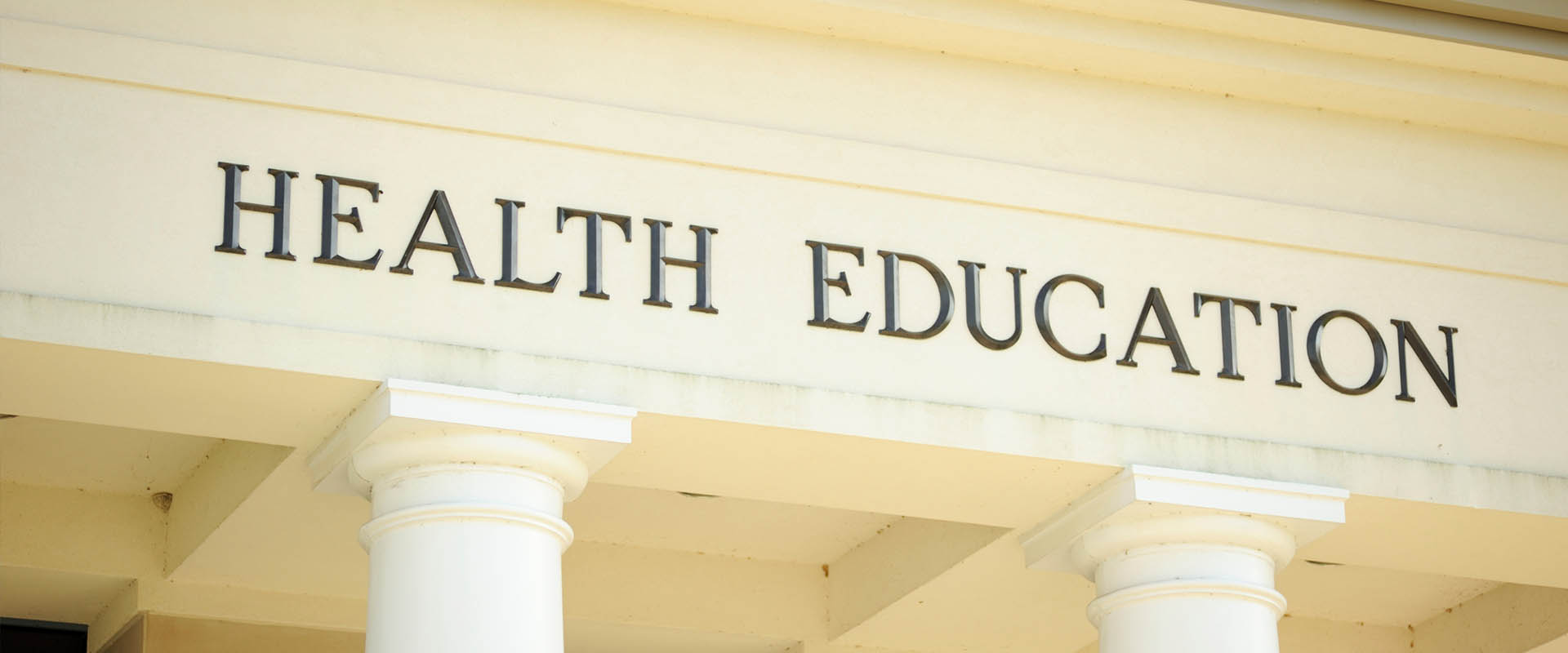Legislature Revises and Updates the Education Code Relating to Sexual Health and HIV/AIDS Prevention Education in Schools

Number 1
Effective January 1, 2016, two bills relating to sexual health and human immunodeficiency virus (HIV) and acquired immunodeficiency syndrome (AIDS) prevention education will take effect, which will require school districts to review their existing curriculum and instruction for compliance. Assembly Bill (AB) 329 amended, renumbered and repealed various Education Code provisions as they relate to sexual health and HIV education. Senate Bill (SB) 695 added provisions to the Education Code regarding the addition of content to the health curriculum framework for ninth through twelfth grade students. Together, these bills modify, amend and replace prior law regarding sexual health and HIV prevention education.
Current Education Code section 51930 et seq. constitutes the California Comprehensive Sexual Health and HIV/AIDS Prevention Education Act. AB 329 makes several changes to Education Code section 51930 et seq. and sexual health and HIV/AIDS prevention education in California schools and otherwise emphasizes preexisting legal requirements and components of sexual health and HIV prevention education, including:
- Renaming the law to the California Healthy Youth Act (ACT), merging sexual education with HIV prevention education, so that both are set forth in Education Code section 51930 et seq.;
- Requiring school districts to provide education, consistent with the Act, including sexual health education and comprehensive HIV prevention education, i.e., sexual health education will no longer be an optional offering in California;
- Amending existing law for accuracy as it relates to HIV and AIDS prevention;
- Modifying the purpose of the Act to include promoting understanding of sexuality as a normal part of human development; in addition to ensuring that students receive integrated, comprehensive, accurate and unbiased sexual health and HIV prevention instruction; and to provide students with the knowledge and skills necessary to have healthy, positive and safe relationships and behaviors;
- Amending existing definitions, including the definition of "comprehensive sexual health education" to include contraception and sexually transmitted infections, and removing the terminology "family planning" from the code;
- Requiring that instructors have knowledge of the most recent medically accurate research on HIV and in what constitutes a healthy relationship;
- Emphasizing the requirement that materials used in providing sexual health and HIV education are consistent with the five specified purposes of the Act;
- Requiring that instruction and materials:
- Not promote bias against any person based on any of the protected categories found in Education Code section 220 (disability, gender, gender identity, gender expression, nationality, race or ethnicity, religion, sexual orientation);
- Affirmatively recognize that people have different sexual orientations and, when discussing or providing examples of relationships and couples, that same-sex couples also be included;
- Include instruction and materials about gender, gender expression, gender identity, and explore the harm of negative gender stereotypes;
- Encourage students to speak with "other trusted adults" in addition to parents/guardians, about human sexuality, and that students be provided with the knowledge and skills to do so;
- Teach the value of and prepare students to have and maintain "committed relationships" such as marriage;
- Provide students with knowledge and skills they need to form healthy relationships that are based on mutual respect and affection, and are free from violence, coercion and intimidation;
- Provide students with knowledge and skills for making and implementing "healthy decisions" about sexuality, including "negotiation and refusal skills" to assist students in overcoming peer pressure and using "effective decision-making skills" to avoid "high-risk" activities;
- Removing from instruction the requirement that students be taught the "value of abstinence" replacing it with the "value of delaying sexual activity";
- Requiring that sexual health and HIV education for students in grades 7-12 include information regarding:
- HIV and other sexually transmitted infections, including new developments in HIV prevention and treatment, as well as Food and Drug Administration (FDA) approved methods to prevent or reduce the risk of contracting HIV or sexually transmitted infections, including use of antiretroviral medication, as well as treatment of same;
- The relative risk of infection of HIV and other sexually transmitted diseases based on specific behaviors, including sexual activity and drug use;
- Effectiveness and safety of reducing the risk of HIV transmission as a result of injection drug use by decreasing needle use and needle sharing;
- Treatment of HIV and other sexually transmitted infections, including how antiretroviral therapy can dramatically prolong the lives of many people living with HIV and reduce the risk of transmitting HIV to others;
- Discussion about social views on HIV and AIDS, including unfounded stereotypes and myths, emphasizing that successfully treated HIV positive individuals have a normal life expectancy, and all people are at some risk of contracting HIV and the only way to know if one is HIV-positive is to get tested;
- A student's right to access local resources for sexual and reproductive health, including health care, medical care, and testing for HIV and other sexually transmitted infections and pregnancy prevention and care, as well as resources for sexual assault and intimate partner violence;
- Pregnancy, including all available pregnancy outcomes including parenting, adoption, and abortion, and the importance of prenatal care;
- Sexual harassment, sexual assault, adolescent relationship abuse, intimate partner violence, and sex trafficking;
- Requiring that if a district contracts with an outside provider to provide training in sexual health and HIV education for students, that the provider be an expert in comprehensive sexual health education and HIV prevention education and have knowledge of the most recent medically accurate research on the relevant topic area;
- That parents/guardians have the right to excuse their student from sexual health and HIV education and assessments related to same through a passive consent process, that such requests to opt their student out must be in writing, and that school districts may not require active parental consent for same;
- Excluding from the Act descriptions and illustrations of human reproductive organs that may appear in textbooks pursuant to the law, if the textbook does not include other elements of comprehensive sexual health education or HIV prevention education; and
- Excluding from the Act instruction, materials, presentations or programming that discusses gender, gender identity, gender expression, sexual orientation, discrimination, harassment, bullying, intimidation, relationships or family and do not discuss human reproductive organs and their functions.
SB 695 requires that if a school district requires a course in health education for graduation, that course:
- Include instruction in sexual harassment and violence;
- Discuss "affirmative consent"; and
- Ensure that teachers consult information related to sexual harassment and violence when providing that instruction.
SB 695 also requires that when the Instructional Quality Commission (IQC) next revises the health curriculum framework (which is scheduled to occur in 2018), for students in ninth through twelfth grade, that it consider including information regarding:
- Different forms of sexual harassment and violence, including those that occur amongst peers in dating relationships, as well as prevention strategies;
- How students can report sexual harassment and violence;
- Potential resources for victims to access;
- Discussion of "affirmative consent";
- Skills students can use to establish boundaries in peer and dating relationships; and
- Discussion regarding the legal aspects of sexual harassment and violence under state and federal law.
If the IQC results in the inclusion of information regarding sexual harassment and violence for the State's health curriculum, then it must ensure that any information included is research-based and is appropriate for all races, genders, sexual orientations, gender identities, and ethnic and cultural backgrounds; and that it consults with secondary health teachers and experts on sexual harassment and violence.
In light of Assembly Bill 329 and Senate Bill 695, school districts should review current policies and practices regarding sexual health and HIV education to ensure compliance with the newly amended laws. School districts should also verify that staff and/or outside experts are appropriately trained in sexual health and HIV education, and that districts are using the passive consent process (not active) for parents to opt their student out of such instruction, and that the requests are in writing.
Should you have any questions regarding these bills, please contact one of our nine offices located statewide. You can also visit our website, follow us on Facebook or Twitter, or download our Client News Brief App.
As the information contained herein is necessarily general, its application to a particular set of facts and circumstances may vary. For this reason, this News Brief does not constitute legal advice. We recommend that you consult with your counsel prior to acting on the information contained herein.






